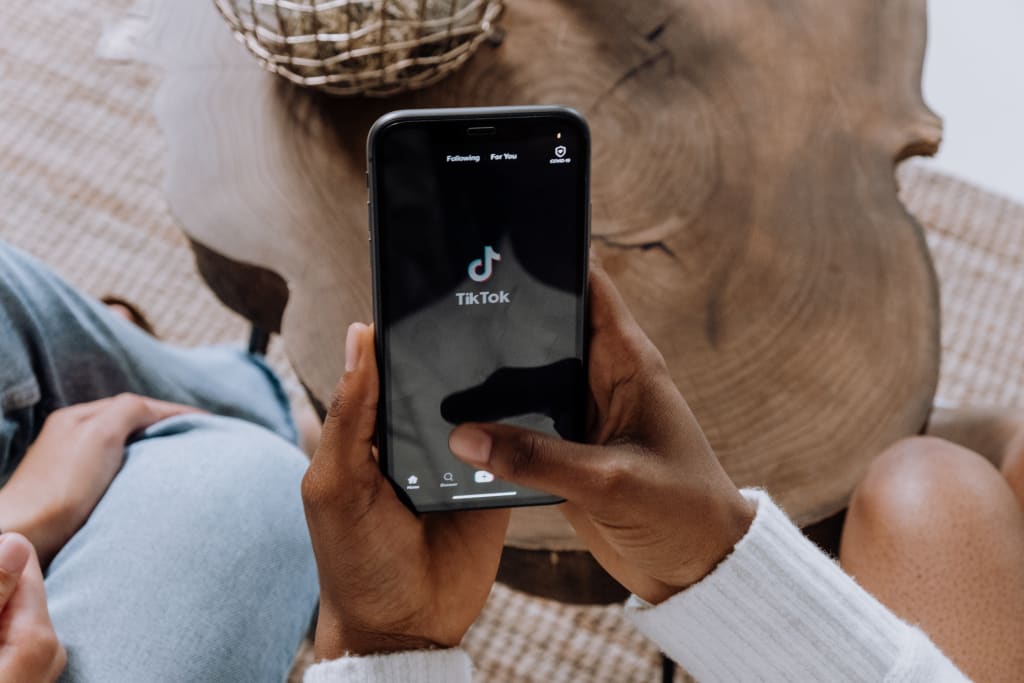Banning TikTok is Against Your 1st Amendment Right
Control vs. Freedom

TikTok, a video-sharing app, has become a worldwide phenomenon, allowing users to create and share short videos with millions of people worldwide. Recently, the United States government has raised concerns over TikTok's security and privacy issues, leading to calls for its ban. However, banning TikTok in the United States would be against the 1st Amendment, which guarantees the right to freedom of speech.
The 1st Amendment to the United States Constitution states that "Congress shall make no law respecting an establishment of religion, or prohibiting the free exercise thereof; or abridging the freedom of speech, or of the press, or the right of the people peaceably to assemble, and to petition the Government for a redress of grievances." This amendment is fundamental to the American way of life, ensuring that individuals have the right to express themselves freely and without fear of censorship or retribution.
Banning TikTok would be a clear violation of the 1st Amendment because it would restrict the freedom of speech of millions of Americans. TikTok has become a platform for many people to express themselves creatively and share their thoughts and opinions with a wide audience. The app has allowed people to find their voice and connect with others in ways that were previously impossible. Banning TikTok would deprive people of this valuable means of self-expression and connection.
Moreover, TikTok has become an important tool for political expression, particularly among younger generations. Many young people have used TikTok to raise awareness about social and political issues and to organize rallies and protests. Banning TikTok would stifle this vital form of political expression and limit the ability of young people to engage with the political process.
It is true that there have been concerns about TikTok's security and privacy issues, particularly related to its ties to the Chinese government. However, there are other ways to address these concerns without violating the 1st Amendment. The United States government could work with TikTok's parent company, ByteDance, to ensure that user data is protected and that the app is not being used to gather intelligence on American citizens. Additionally, the government could encourage users to be more mindful of their privacy settings and educate them about potential risks.
Banning TikTok in the United States would not only violate the 1st Amendment's right to freedom of speech but also give the government significant power to censor its people. The government's decision to ban TikTok would set a dangerous precedent that it can prohibit any platform or means of communication it deems a threat to its interests.
The government's ability to censor people's speech and expression is a fundamental characteristic of an authoritarian regime, not a democratic one. By banning TikTok, the government would be saying that it can determine what is acceptable speech and what is not, effectively censoring any ideas or viewpoints it does not agree with. This could set a dangerous precedent for future censorship, not just on social media but also in other forms of communication.
Furthermore, banning TikTok would limit the diversity of ideas and viewpoints that people are exposed to on social media. The app has become a hub for creativity and expression, and the government's ban would effectively cut off millions of Americans from that outlet. By doing so, the government would be limiting the range of opinions that people can hear, potentially leading to a narrow-minded and biased society.
It is also worth noting that banning TikTok could have international implications, as other countries may follow suit and censor their citizens' access to the app. This could lead to a global trend of governments censoring social media platforms, which would limit the free flow of information and stifle creativity and innovation.
About the Creator
Jodi Berkley
A writer from the heart.






Comments
There are no comments for this story
Be the first to respond and start the conversation.